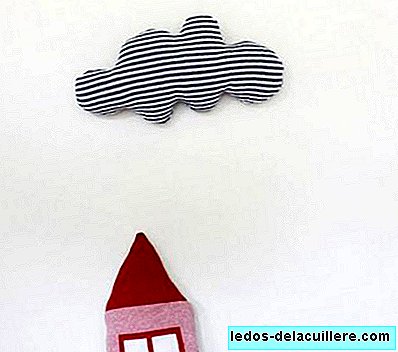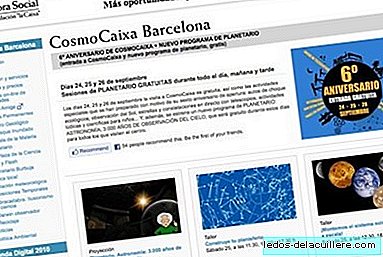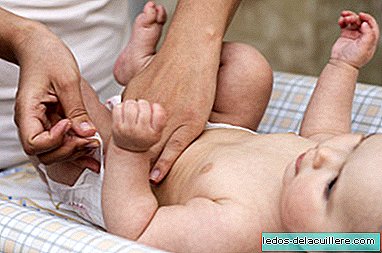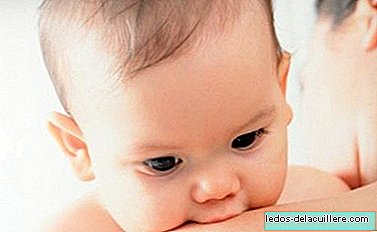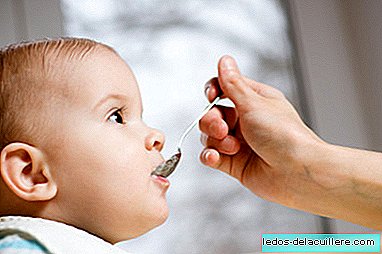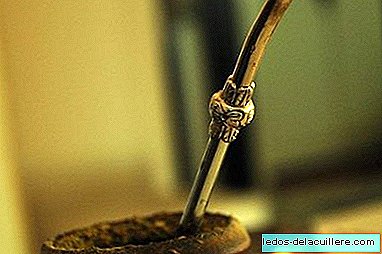
A few days ago I read in a sports newspaper that Mascherano, the Barça player, offered his teammates mate, while they went by bus, and I thought about how united the South Americans are and the mate, also remembering a pediatrician I met who attended to the mothers and fathers with the mate on the table and a co-worker in the ambulances, who always carried him on top.
Such union makes many pregnant women usually drink mate thinking that it cannot cause any repercussion in the baby.
However, this is not true. Mate can be harmful if taken during pregnancy because it contains caffeine and pregnant women, in addition to avoiding alcohol and tobacco, should reduce the amount of caffeine during pregnancy.
A study with 229 mothers and their respective babies shows that the children of mothers who during pregnancy drank more than 300 milligrams of caffeine per day, which is equivalent to a thermos of mate, They are born with smaller size and lower weight than children of mothers who took less of this substance.
The study was conducted at Pereira Rossell Hospital, in Uruguay, and was presented at the XXVIII Uruguayan Congress of Pediatrics of Montevideo.
This study has been carried out because, although the effects of caffeine on pregnancy were known, researchers wanted to check the effect of mate in particular, a drink deeply rooted in the country's customs.
Mario Moraes, responsible for the investigation said the following:
We realized that the women we serve at Pereira Rossell drink a lot of caffeine through mate ... some get to consume up to 1,700 milligrams of this stimulant substance a day.
As the study authors explain, in addition, mate is so much a part of their culture that almost nobody considers it as a source of caffeine and very few doctors recommend pregnant women reduce their consumption.
Mario Moraes adds the following:
We cannot say in advance how much the consumption of mate will affect the child's development. What we can say is that it is a habit that does not allow the baby to reach its full potential during training.
In conclusion to say that we talked about mate because the study authors focused on this drink, but we could be talking perfectly about caffeine and therefore coffee or cola.
If we talk about coffee, a cup of espresso coffee contains about 130 milligrams of caffeine (about 72 milligrams per 100 ml), so if a woman drinks 3 cups she will be exceeding the 300 milligrams of caffeine that is discussed in the study.
If we talk about Cola soft drinks, 300 milligrams of caffeine are obtained with 3 cans.


